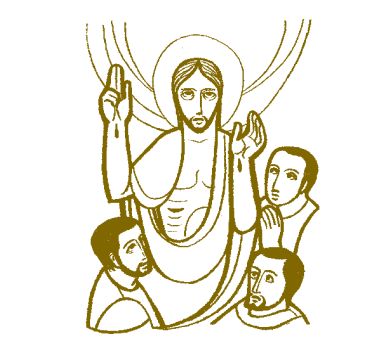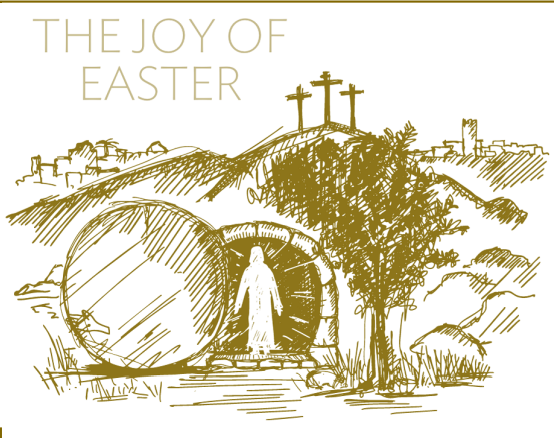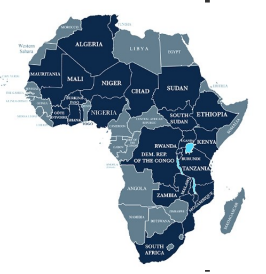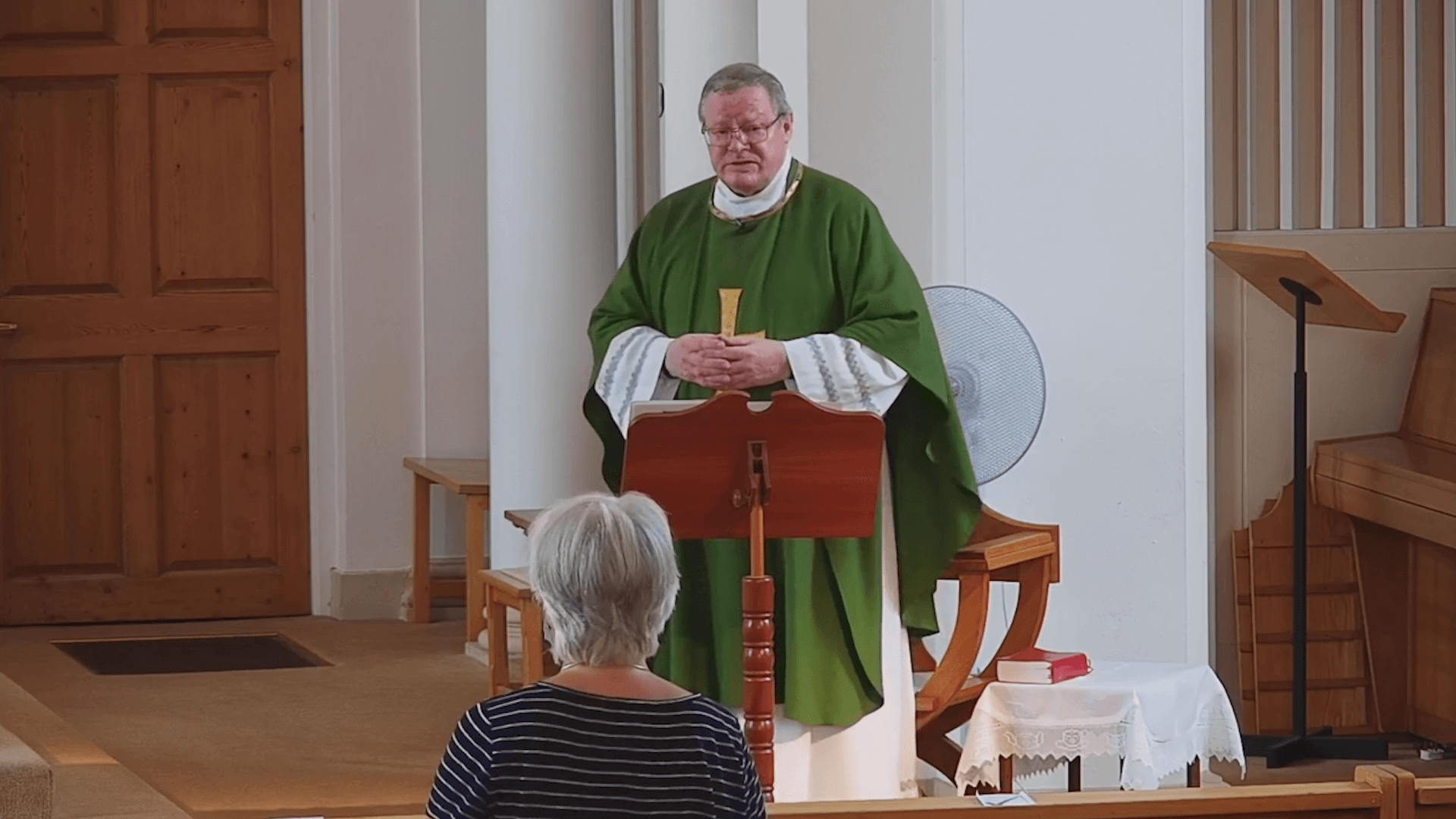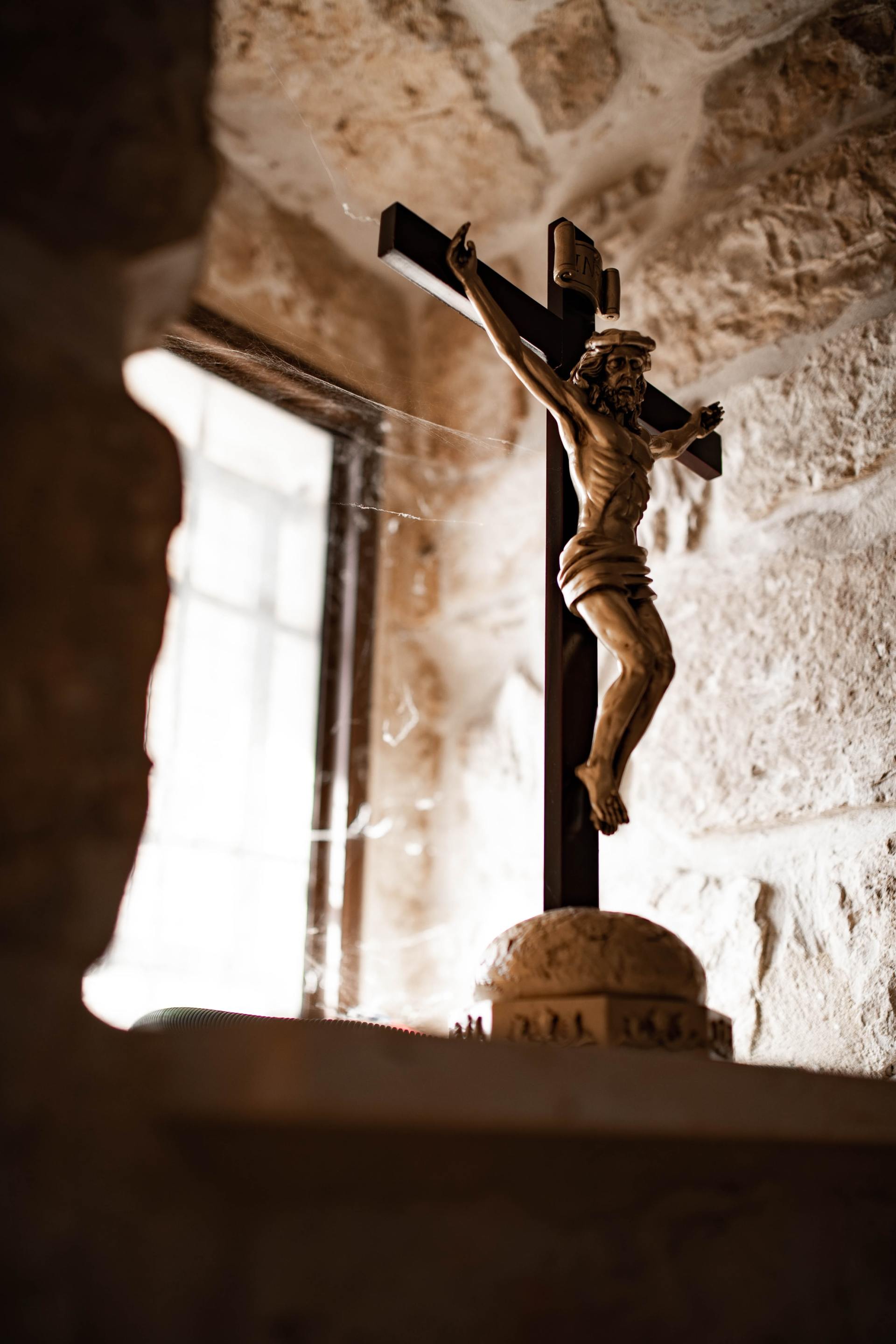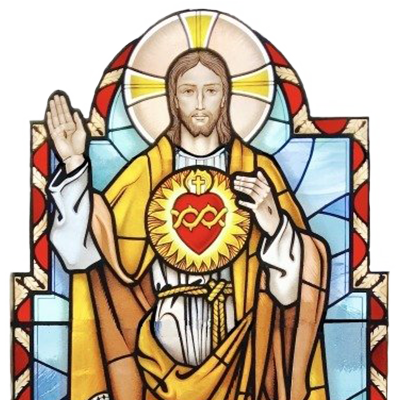God works with small things . . . (16th Sunday of Ordinary Time Year A)
We are in the midst of a period of hearing Gospel readings about the Kingdom of God and how God is active in the world, sometimes in subtle ways. At the same time, the First and Second readings point out other characteristics of God. The First Reading, from the book of Wisdom, was written in the decades around Jesus’ birth. The author stresses how mighty and powerful God is, yet how God is also tolerant, forgiving, and kind. Paul’s words to the Romans teach that the Spirit of our God speaks in and through us, especially when we don’t know how to pray. Taken together, all three readings today provide hope that God is alive and active in our lives, whether we always recognize it or now.
The parables of the mustard seed and the yeast which leavens the bread are well-known parables that point to God’s ability to bring about great things starting with something small and seemingly insignificant. In fact, that is a theme found throughout the Bible. The entire Jewish race begins because of Abraham and Sarah’s faithfulness. The boy David defeats the giant Goliath. The small band of Hebrew slaves escapes the mighty Egyptian army. An unwed teenager says yes to bearing the Son of God. God is born into a stable and wrapped in rags because his parents are poor refugees. Jesus reminds his disciples to have hope and trust that God can and does, work through small things to do great things.
On the other hand, the parable about the wheat and the weeds seems to make a different point: we must have patience when we experience good and evil existing side-by-side in our world. Just as the farmer had no control over the fact that weeds were growing amidst his wheat crop, we have no control over bad things that happen to us. We can do all that is possible to cultivate the good (by sowing good seeds), but we have to live with both unexpected and disappointing outcomes. As the farmer teaches his crew, it is not their job to sift out the bad from the good. Ultimately that is God’s job. In the meantime, God invites us to live, and still grow together with the bad in the world.
Questions of the Week
• What do you make of the above interpretation - that Jesus is affirming the equal role of women and men in discipleship?
• Are there any roles in the Church that you would be uncomfortable seeing women in and might find yourself protesting like Martha to Jesus. Why?
